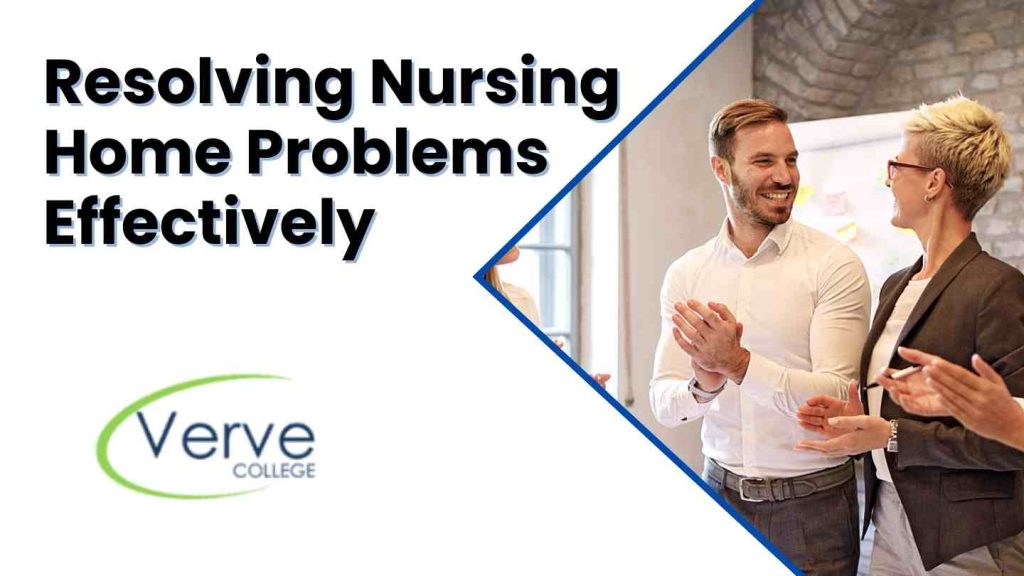- Oak Brook:(630) 705-9999
- Chicago:(312) 920-8822
- Email:inquiry@vervecollege.edu
- Make a Payment
- Home
- Programs
- Admission
- Resources
- ATI Entrance Exam Resources
- New E-Digital Library
- Refer a Friend
- School Newsletter
- Events
- Employers
- Job-Network
- Alpha Beta Kappa Candidates
- Verve College Library
- Graduation and Pinning Ceremony Photo Galleries
- Textbook Information
- Career Services
- Tutoring
- School Catalog
- FAQ
- Constitution Day Program
- Alumni
- Verve College Plans
- Financial Aid
- HEERF Reporting
- Satisfactory Academic Progress
- Apply For Financial Aid
- Net Price Calculator
- Return of Title IV Funds (R2T4)
- Financial Aid Office Code of Conduct
- Contact
- FAQs
- Verification Policy
- Vaccination Policy
- Student Right-to-Know Act
- Misrepresentation
- Information Security Program
- Academic Award Year
- Availability of Employee
- Cost of Attendance
- Health & Safety Exemption Requirement
- Students Rights and Responsibilities
- Leave of Absence
- Pell Formula
- Military Students
- Grants/ Scholarship Policy
- Contact Us
- Testimonials
- Blog
Is a Nursing Career Right For You?
Take The Free Quiz
Resolving Nursing Home Problems Effectively
Resolving Nursing Home Problems Effectively
These 5 problems are all over the country. These 5 problems can occur in urban, suburban, and rural areas. Both “good” and “bad’ nursing homes are affected. Even excellent nursing facilities frequently adhere to policies that are harmful to nursing home residents and break federal regulations.
Considerations including accreditation, curriculum offerings, and faculty qualities are crucial while looking for the best nursing schools in Illinois(private schools). You can only receive the best quality of care if you don’t compromise on anything. This guide will give you the nursing home problems & tools necessary to achieve that goal.
The Nursing Home Grievance Process: A Short Introduction
Every nursing home is required to have a Grievance Officer to receive, investigate, and respond to complaints. The nursing home can respond to grievances in writing or orally, but it must do so in writing.
The written response from the rest home must include:
- Date of receipt:
- Summary of grievances;
- The steps taken to investigate a grievance
- Summary of the findings from the investigation into the nursing home;
- The statement that confirms or denies the grievance;
- The nursing home may take corrective actions.
- Date of written response
Nursing Home Problems
Problem 1: Medicaid-eligible Residents Are Receiving Less Care
Many nursing homes claim that Medicaid does not cover certain types of medical care. Nursing home staff may claim that Medicaid-eligible residents cannot receive physical therapy or one-on-one care, nor can they be assisted with eating.
Problem 2: Failure to Take Care Planning Seriously is a Second Problem
Nursing homes must complete a written evaluation of the condition of each resident within 14 days following admission criteria. This assessment should be repeated at least every 12 months or whenever there is a significant change to that resident’s health. At least every three months, a more limited assessment must be performed.
Problem 3: Disregarding Resident Preferences
A resident’s ability to choose is crucial to their quality of life. It should be more like homes than healthcare assembly lines.
According to these principles, physicians’ homes must make reasonable accommodations to accommodate resident preferences and needs. A resident, for example, has the right to “choose activities, schedules, health care providers, vocational nurse, and health care services that are consistent with their interests, assessments, and plan of care”.
Related:- Nursing Home Vs Assisted Living: Understand Differences
Problem 4: Failure to Provide Necessary Services
The reform law requires that nursing homes provide residents with the necessary care to achieve the highest possible level of care & functioning. Nursing homes or assisted living facilities that expect or encourage the hiring of private duty aides as a substitute for their inadequacies are violating this requirement.
Problem 5: Inappropriate Use of Physical Restrictions
Physical restraints are devices that limit a resident’s mobility. The most common type of physical restraint involves a vest that ties a resident to a bed or wheelchair. Seat belts and chairs that are angled backward to prevent residents from standing up can be used as physical restraints. As a physical restraint, bed rails can also be used.
Ethical Issues in Nursing Homes
There are many ethical issues in nursing home care, such as a lack of resources, coercion, and autonomy. Decision-making is difficult for residents who cannot make decisions. End-of-life care also poses a challenge. The rise of chronic illness and the use of continuously invasive therapies like tube feeding, respiratory therapy, and dialysis have led to a complex set of ethical issues. You will gain a deeper knowledge of the major organ system’s functions and mechanisms of the body through nursing education programs by enrolling in anatomy classes near me, making ethical decisions when interacting with patients can be aided by this guide
How Do You Deal With Nursing Home Problems?
Talk to the staff if you are having a problem in the nursing home. If you still have problems, speak to one of the following:
- The supervisor
- The social worker
- The director of nursing
- The administrator
- Your doctor
Medicare or Medicaid-certified nursing homes must have a grievance process for complaints. Follow the grievance procedure if your issue is not resolved. Bring your problem up with the resident or family council.
Want to Make a Career in Nursing? Get More Information About Our Courses!
In conclusion, Problems at nursing homes can only be resolved through honest conversations with the staff, reporting of issues to the proper authorities, and grievance procedures. Resolving conflicts also entails interacting with family and resident councils. This knowledge is also given in nursing programs that helps to become a licensed practical nurse.
 Sign up
Sign up Login
Login




